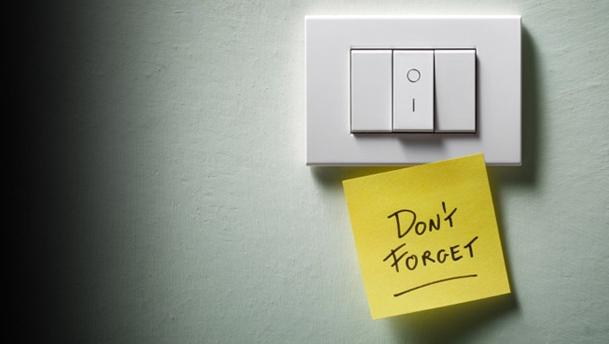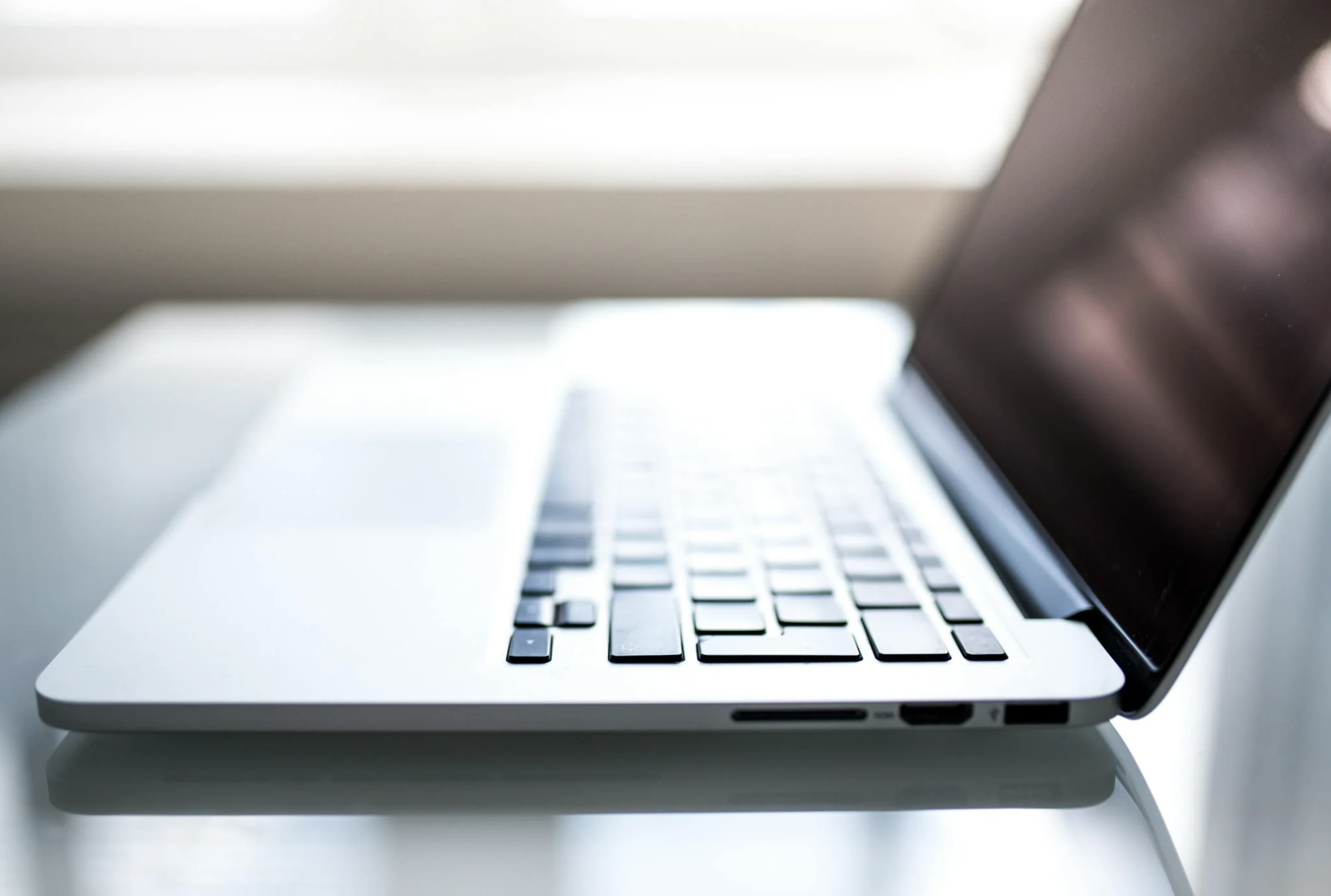As a business, saving energy makes a lot of sense – not only would you be doing your bit for the environment but you’d also be saving money and building your business’ reputation for being green. It’s increasingly common, nowadays, for clients to choose a business that has climate change at the forefront of their agenda and, by saving energy wherever you can, you can help to improve your reputation for doing just that.
Much of the savings to be made within the office can be achieved by reducing the cost of your utilities – gas, electricity and water are expensive resources that are essential for day-to-day work. With plenty of opportunities for businesses to become a little more energy efficient, your business can see better profit margins and more favourable energy bills in no time.
Even the most basic of office equipment can be a drain on your resources and, regardless of the size of your business, you’re bound to have a substantial amount of technology set up for daily use. With most office-based companies providing a computer per employee, with printers, photocopiers, phones and servers also power-thirsty, it’s no wonder you see hefty utility bills every month.
Of course, with these items being integral to your business, you can’t be expected to cut them out completely, but there are plenty of ways in which you can save energy, increase awareness and cut overheads so that your profit margins can be as a high as possible.
Improving the energy efficiency of the equipment that you have can be tremendously beneficial, reducing running costs and prolonging the life of the product. The cost of running office equipment per year in the UK is a staggering £300million – even the slightest adjustment in your office habits can ensure that you don’t add more than is necessary to this huge cost. While all office technology will potentially waste energy, the major culprits are PCs and monitors, but luckily, some of the energy saving opportunities are aimed directly at these.
- Look out for the ‘energy star’ label on office equipment so that you can distinguish between the normal, and more energy efficient, products.
- Switch computer monitors off when the user is away from their desk for a substantial period of time. When shutting down PCs at the end of the day, don’t forget to switch off the monitor too.
- Upgrade equipment to newer models, most of which are intrinsically more energy efficient than predecessors. Use modern, energy saving items, such as LCD monitors.
- Don’t print things unnecessarily. Not only does that use more electricity, but you also waste paper.
- Increase employee awareness by incorporating energy saving aspects into your training schedule.
Saving energy should be a combined effort – if everyone does their bit, your business will be a more efficient place to work that will see your energy consumption plummet in no time.
Written on behalf of British Gas, a company which helps business owners to reduce their energy usage by providing plenty of advice online. Are you looking for a new commercial electricity supplier? Head to their site and, if you like what you see, it can also help you to understand more about how to switch to British Gas and the savings you can make by doing so.





